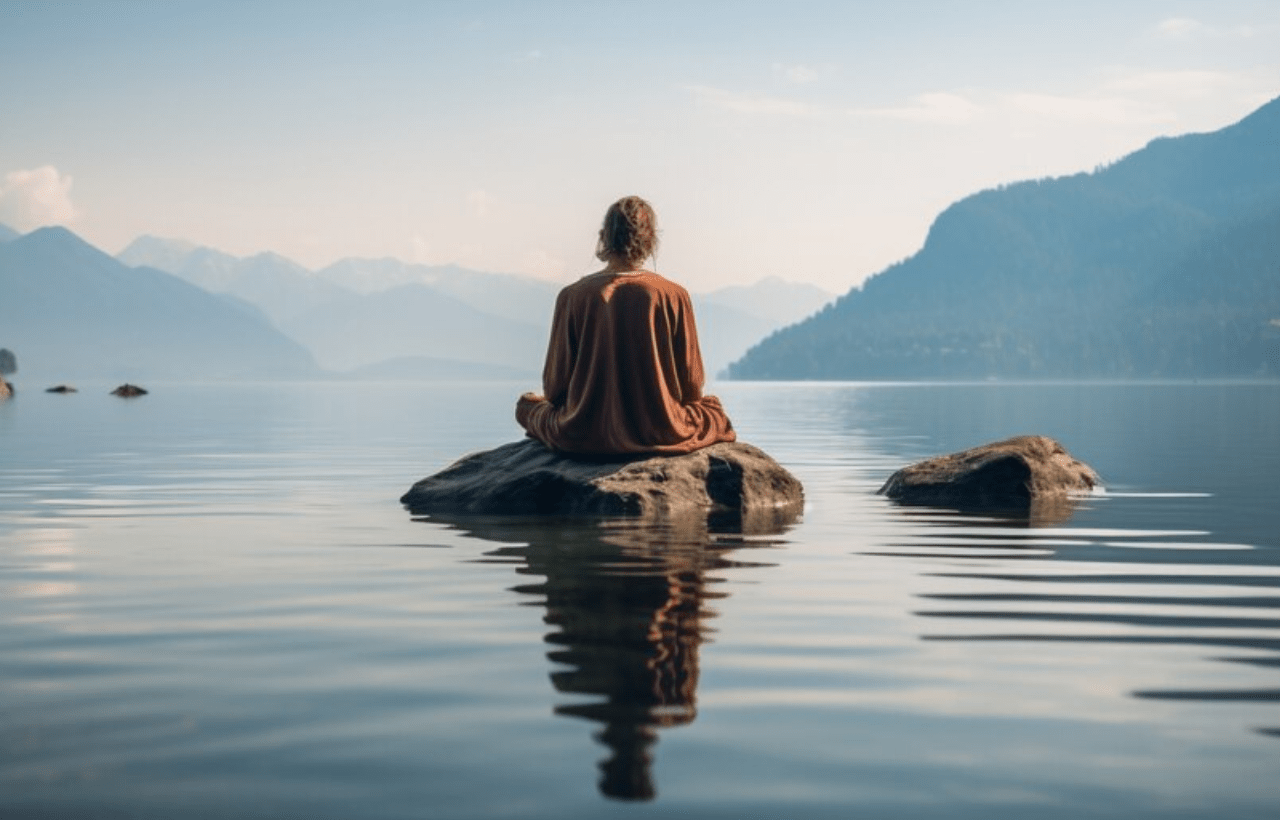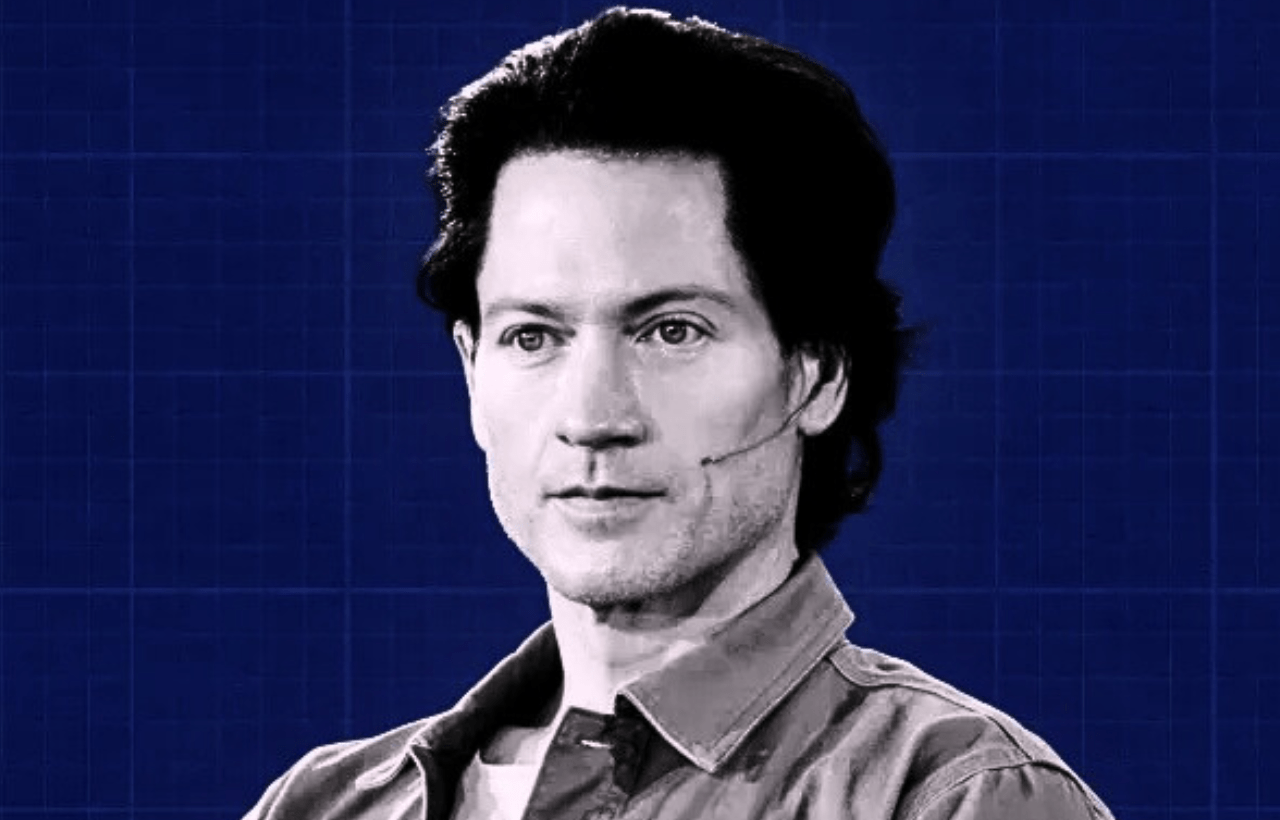Now Reading: Unlock Your Mental Clarity: Exploring Mindfulness Meditation Techniques & Tools
- 01
Unlock Your Mental Clarity: Exploring Mindfulness Meditation Techniques & Tools

Unlock Your Mental Clarity: Exploring Mindfulness Meditation Techniques & Tools
In today’s hustle-and-bustle world, it’s easy to feel overwhelmed by endless to-do lists, digital distractions, and an ever-racing mind. Imagine waking up with a clear head, an open heart, and the focus to tackle your day with confidence. Welcome to the transformative world of mindfulness meditation—a practice that can unlock mental clarity, reduce stress, and lead to true inner peace. Whether you’re just starting out or looking to deepen an existing practice, this guide will walk you through the most effective mindfulness meditation techniques and the tools you can use to reclaim your calm.
What Is Mindfulness Meditation?
Mindfulness meditation is all about being present in the moment—observing your thoughts, emotions, and sensations without judgment. It’s a simple yet powerful practice that can help you step back from the chaos of everyday life and rediscover a sense of balance. By learning to focus on your breath, physical sensations, or a single thought, you develop an awareness that brings mental clarity and emotional resilience.
Benefits of Mindfulness for Mental Clarity
Embracing mindfulness meditation offers a myriad of benefits, especially when it comes to cultivating mental clarity. Here’s how a regular practice can transform your day-to-day life:
- Improved Concentration: Focusing on the present moment helps sharpen your attention span and reduces the tendency for distraction.
- Stress Reduction: Mindfulness techniques ease mental tension by shifting your focus from past regrets or future anxieties to now.
- Enhanced Emotional Balance: A calm, centered mind finds it easier to manage emotions, making you less reactive and more composed.
- Better Sleep: With a quieter mind, falling and staying asleep becomes more natural, boosting overall mental health.
Each of these benefits plays a key role in helping you maintain focus and clarity throughout your day.
Mindfulness Meditation Techniques for Beginners and Experts
Whether you’re a beginner or have some practice under your belt, these techniques can help bridge the gap between stress and serenity.
Breath Awareness Techniques
One of the simplest yet most potent mindfulness meditation techniques is to focus on your breathing. Here’s how you can start:
- Find a Comfortable Seat: Sit upright, relax your shoulders, and let your hands rest gently on your lap.
- Close Your Eyes: This helps you tune out external distractions.
- Focus on Your Breath: Pay attention to the natural rhythm of your breath—in and out—and notice the sensations it creates.
- Gently Redirect: Whenever your mind wanders (and it will), gently guide your focus back to your breath.
By practicing breath awareness, you build a foundation of mental clarity and reduce stress—key goals for many embracing mindfulness meditation techniques.
Guided Meditation Sessions
For those who prefer a little structure, guided meditation sessions can be ideal. These sessions often use soothing voice instructions to lead you through a series of mental exercises designed to relax and refocus.
- Audio and Video Resources: Numerous free and paid guided meditations online can direct your practice step by step.
- Frequency: Even short, 10-minute sessions daily can result in noticeable improvements in focus and overall well-being.
Guided sessions are especially helpful for newcomers or anyone who struggles with silent meditation.
Body Scan and Progressive Muscle Relaxation
Another effective practice is the body scan—a technique where you mentally scan your entire body from head to toe while focusing on areas of tightness or tension. Progressive muscle relaxation takes this concept further by consciously tensing and then releasing muscle groups.
- Mind-Body Connection: These techniques help you notice how stress physically manifests, encouraging deeper relaxation.
- Enhanced Mindfulness: As you become more attuned to bodily sensations, your overall mindfulness and clarity sharpen.
Top Meditation Tools and Resources
The journey to mental clarity is not just about techniques—it’s also about the right tools to support your practice.
Meditation Apps for Mental Clarity
Modern technology offers a variety of apps that make integrating mindfulness meditation into your daily routine effortless. Popular choices include:
- Headspace: Well-known for its user-friendly interface and structured programs.
- Calm: Offers a mix of guided meditations, breathing exercises, and relaxing soundscapes.
- Insight Timer: Provides thousands of free guided meditations and customizable meditation timers.
These apps bring meditation tools for clarity right at your fingertips, making it easy to practice anytime, anywhere.
Books, Podcasts, and Audio Resources
If you enjoy learning from experts and diving deeper into the philosophy of mindfulness, consider exploring:
- Books: Look for titles like The Miracle of Mindfulness by Thich Nhat Hanh or Wherever You Go, There You Are by Jon Kabat-Zinn.
- Podcasts: Many podcasts offer daily mindfulness tips and guided sessions.
- Audio Resources: Downloadable audio sessions can serve as on-the-go mindfulness meditation techniques, perfect for busy lifestyles.
Creating a Dedicated Meditation Space
Your environment greatly influences your practice. Setting up a dedicated space for meditation can enhance your experience:
- Minimize Distractions: Choose a quiet corner of your home where you can relax.
- Comfort and Ambiance: Include soft lighting, a comfortable cushion or chair, and perhaps some calming scents like lavender.
- Personal Touches: Decorate with items that inspire tranquility—such as candles, inspirational quotes, or nature imagery.
A thoughtfully curated space sets the stage for deep focus and mental clarity.
Incorporating Mindfulness Meditation into Your Daily Routine
Starting or deepening a meditation practice doesn’t require hours of your day. Here are a few simple strategies to integrate mindfulness into your routine effortlessly:
- Morning Mindful Moments: Begin your day with a short session of breath awareness to set a positive, centered tone.
- Mindful Breaks: Use small breaks during your workday to reset—stand, stretch, or practice a one-minute breathing exercise.
- Evening Wind-Down: End your day with a brief meditation session to clear any lingering stress and prepare for restful sleep.
These everyday practices not only foster mental clarity but also serve as powerful stress relief through meditation.
Common Challenges and Expert Tips
Embarking on a mindfulness meditation journey is transformative, but it’s natural to encounter a few hiccups along the way. Here are some common challenges and expert tips to overcome them:
- Overcoming Wandering Thoughts: It’s normal for your mind to wander. When it does, acknowledge the distraction and gently bring your focus back to your breath or chosen focal point.
- Patience is Key: Mental clarity builds over time. Don’t get discouraged by early frustrations—consistency is more important than perfection.
- Experiment with Techniques: If one method doesn’t resonate with you, try another. Whether it’s guided sessions, body scans, or silent meditation, find what works best for you.
- Seek Community Support: Consider joining meditation groups or online communities. Engaging with like-minded individuals can provide motivation and new insights.
Remember, developing a mindful practice is a journey of self-discovery—a process that refines your focus and enriches your daily life.
Bringing It All Together
Mindfulness meditation is more than just a trend—it’s a lifestyle that can help you unlock unparalleled mental clarity and resilience. By incorporating simple yet effective techniques, leveraging useful tools, and staying consistent in your practice, you empower yourself to navigate life’s challenges with a calm and focused mind. Embrace this journey of self-discovery and watch as your mental clarity transforms every aspect of your life.
Disclaimer: This information is for educational and informational purposes only. Please consult a healthcare professional for personalized advice.











